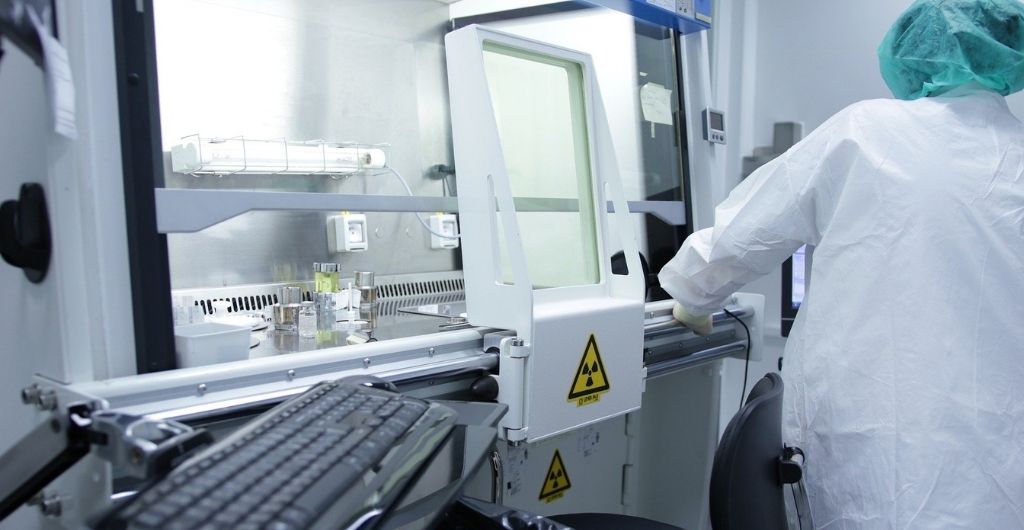
By Joanne Skilton, CCO at Unily
2020 was a rollercoaster for many in the pharmaceutical industry, marked by both evolving challenges and substantial victories. Now, as leaders are looking to build the foundation for the next big discoveries, many are turning to digital technology to equip their employees with the tools needed to produce groundbreaking results.
COVID-19 has resulted in a number of new challenges for the industry, such as suspended drug trials and disturbances in supply chains, but it has also highlighted the vital role that pharmaceutical companies play in safeguarding and empowering society as a whole. To ensure the safety of consumers, organisations are investing in next-generation technology to strengthen services such as telemedicine.
In the same vein, progressive workforces are utilising digital tools to assist workers in adapting to new challenges. Many businesses are turning to healthcare intranets to increase efficiency by consolidating resources and boosting the sharing of information.
5 employee engagement challenges a pharmaceutical intranet can solve
There is more than one main concern for pharmaceutical leaders to focus on – from supporting innovation to ensuring evolving consumer expectations are met, it can be difficult to keep all plates spinning at once. Investing in an intranet can aid in solving some of these key challenges, making it easier for pharmaceutical leaders to invest their time into priorities.
- Bridging skill-gaps
A key changer for pharmaceutical companies is digitisation, with recent research showing that 86% of technology professionals believe that the healthcare and pharmaceutical industry’s ‘digital moment’ has arrived. Nevertheless, many organisations in the sector have yet to determine a clear path forward in this new era. In fact, research last year found that only 40% of pharmaceutical leaders believe they know which skills are needed to fill talent needs, and prepare for new digital ways of working.
Organisations can’t rely on hiring alone to bridge these skill and knowledge gaps, especially due to the fact that demand for coveted capabilities such as data analytics is four times higher than the supply. Instead, pharmaceutical companies should think about supplementing recruitment efforts with re-skilling schemes that are designed to inspire and enable current employees. This is where an intranet comes into play – it can serve as the hub for learning and development initiatives by centralising video webinars, information articles, and the training of in-demand topics.
- Levelling up innovation
For many pharmaceutical organisations, the stakes have never been higher with COVID-19 vaccine research and development being the number one priority world-wide. Once the hurdle of securing the funding to do this has been jumped, being able to build a culture that encourages innovation is what will put pharmaceutical organisations on the fast-track to revolutionary breakthroughs.
The organisations that will thrive are those that aren’t afraid to break the mould, incentivise purposeful risk-taking, and empower all employees to share and collaborate ideas. Launching an ideation hub via an intranet is one way of increasing innovation. Employees have the ability to create and publish ideas, vote on their favourites, and watch as user-generated suggestions turn into real-life results.
- Meeting ever-changing consumer expectations
COVID-19 has altered patient consumer and patient behaviour and expectations when it comes to the pharmaceutical industry. A recent survey found that 80% of industry experts named changes in consumer attitudes as the issue that will have the greatest impact on their company’s future. With the rise of telemedicine leading the way, new technologies are revolutionising how patients access and engage with healthcare solutions.
Despite consumer expectations being the main driver in the industry, it’s still possible to stand out. Employee engagement is incredibly important – research demonstrates that customer satisfaction rates are twice as high at organisations that rank in the top quartile for employee experience, showing that the link between customer experience and employee experience is a strong one.
So how can you ensure your employees are engaged while they navigate the new challenges COVID-19 has introduced? Taking advantage of recognition capabilities such as ‘kudos’ or badges to spotlight internal ambassadors, and launching new social media initiatives are just two ways an intranet can help boost morale amongst dispersed teams, and ensure the utmost employee experience and appreciation.
- Keeping collaboration flowing
It goes without saying that niche expertise is the backbone of the pharmaceutical industry, and is incredibly valuable for an organisation. Whether it’s a doctor or a researcher, employees will have honed their specific skillsets and accumulated advanced levels of knowledge in their specialised fields. Although, as is often the case, this knowledge and expertise can remain siloed amongst one team or department, preventing the whole organisation from taking full advantage of its internal knowledgebase.
As workers endeavour to keep up with heightened demands, the need for cross-efficient collaboration will peak. In order to put a stop to this breakdown in communication, an intranet directory can highlight each employees knowledge areas, and effectively integrate group work. It’s also possible to further this by getting the word out on what each team is currently working on, and the inspirational results they are achieving.
- Keeping frontline workers in the loop
More than 70% of frontline pharmaceutical and healthcare workers have positive expectations about the changes happening in the sector, meaning job satisfaction is high.
But, when it comes to monitoring disruptions and identifying skill gaps, there is a notable disconnection and severance between teams out in the field and leadership. For example, research has also found that while frontline workers count social and emotional skills as a rising workplace priority, pharma operations executives do not rank these capabilities as vital.
It’s crucial to have a harmonious and engaged relationship between frontline workers and the leadership team. Being able to empower field workers and share insights from the frontline by adding feedback forms and suggestion boxes to the intranet. A connected outlook can also be created by encouraging all employees to use social networking and discussion forums to build a more connected and collaborative outlook.
Although there are many challenges and pressures for the pharmaceutical industry at present, it’s also an exciting time for developments and breakthroughs. The employees of these big companies are the backbone of the industry, and they must be prioritised and looked after to the highest standard.











